With a total estimated investment of up to 1,300,883 billion VND, Tuyen Quang province officially approved the policy of urgently implementing 6 projects to build a system of Boarding Schools for Ethnic Minorities, including Primary and Secondary Schools, in 6 border communes.
This is not only a simple public investment decision, but also a timely concretization of Notice No. 81-TB/TW of the Politburo and the Government's Action Plan on the policy of building a school system in border communes. More than 1,300 billion VND, mobilized from the central budget and other legal capital sources, is lighting up the hope of a strong transformation, creating "infrastructure of the future" for the northernmost part of the country.
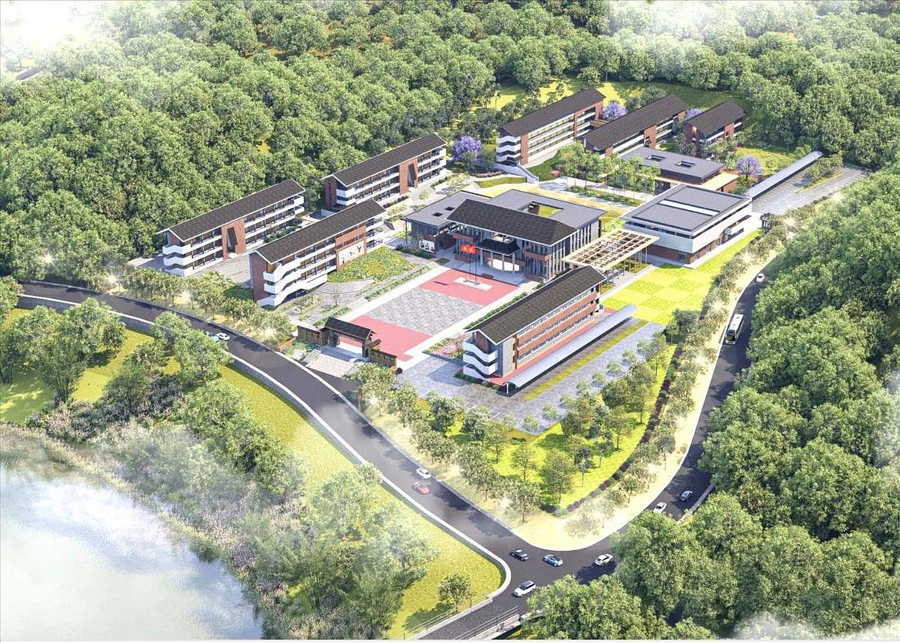
According to Decision No. 990/QD-UBND dated October 21, 2025, 6 modern inter-level boarding schools will be built in the communes: Thanh Thuy (VND 211,178 billion); Son Vi (VND 211,178 billion); Xin Man (VND 224,358 billion); Pa Vay Su (VND 211,178 billion); Minh Tan (VND 251,010 billion); Pho Bang (VND 191,981 billion)
Each project is designed towards a modern inter-level boarding school model, suitable for mountainous conditions, ensuring adequate accommodation, study and living space for ethnic minority students. This is a fundamental difference compared to existing educational facilities, which still have many separate schools and lack boarding facilities.
Sharing about the significance of the project, Mr. Giang Xuan Thang, Party Secretary of Pho Bang Commune, where the school is planned to be built in Chung Trai village with an area of over 21,500 m2, expressed his excitement. He emphasized that the project not only has classrooms and functional rooms, but also focuses on synchronous investment in essential items such as kitchens, dining rooms, dormitories... to meet the learning and living needs of more than 1,000 students.
"The establishment of a Primary and Secondary Boarding School for Ethnic Minorities in the area is very necessary, not only to help children have better learning conditions, reduce the burden on their families but also contribute to improving the quality of comprehensive education," Mr. Thang affirmed.
Educational infrastructure in border areas is not simply about building schools, but also about building a solid "support" for social security, national defense and security. The selected communes are all strategic areas, where the lives of ethnic minorities are still difficult, maintaining attendance rates and improving the quality of learning is a difficult problem.
Mr. Nguyen Hai Ha, Principal of Son Vy Primary Boarding School for Ethnic Minorities, could not hide his hope: “This policy is also the long-standing wish of teachers and students in the border area. When the projects are completed, students will be able to study in solid, spacious classrooms, with full boarding areas and safe playgrounds.”
The immediate benefit is that students in the border areas will have a shorter distance to school, and will have centralized and stable accommodation. In the long term, as the Secretary of Pho Bang Commune hopes, the school will become a place to select and nurture capable students, helping them develop their thinking, practice their skills, and create a quality human resource to serve socio-economic development.
These inter-level boarding schools, in accordance with the right orientation, will become solid "fortresses of knowledge", where a generation of knowledgeable young people will be nurtured, contributing to building a border region that is strong in economy and stable in national defense and security.
However, infrastructure investment is just the beginning. For these projects worth hundreds of billions of dong to be truly effective, the human factor, the teaching staff, is the key issue.
Mr. Nguyen Hai Ha also pointed out that when the facilities are well-invested and adequate, the school will also have the conditions to attract and retain good teachers to stay in the border area for a long time. This is a reality, poor living conditions are always the biggest barrier in maintaining a high-quality teaching staff in remote areas.
The Education Department of Tuyen Quang needs to carefully calculate the human resource problem, from training, fostering to teacher allocation. Especially in border communes, there is a great need for teachers who not only have solid expertise but also understand the customs and language of ethnic minority students.
Because a spacious school is only truly meaningful when it has dedicated and long-term teachers. Only when the infrastructure and staff are prepared synchronously, teaching and learning in the border areas will have more motivation to improve, gradually narrowing the gap with the favorable areas.
With the large scale of investment and urgent nature, the People's Committee of Tuyen Quang province assigned the Provincial Construction Investment Project Management Board to be the investor, and at the same time requested relevant departments and branches such as Construction, Finance, Education and Training to coordinate closely and speed up procedures.
Tuyen Quang province directs that all implementation steps must comply with legal regulations, ensuring publicity and transparency, avoiding waste, loss or negativity. This is not only a principle in public investment management, but also a political commitment of the province to effectively use every penny of the State budget.
The decision to invest more than 1,300 billion VND to build 6 inter-level boarding schools in border communes of Tuyen Quang is an important milestone, a practical action demonstrating the locality's strong determination in strengthening the knowledge foundation for the young generation in border areas.
Source: https://giaoducthoidai.vn/tuyen-quang-dau-tu-cung-co-nen-tang-tri-thuc-cho-the-he-tre-vung-bien-post754671.html


![[Photo] National Assembly Chairman Tran Thanh Man receives foreign ambassadors who came to say goodbye](https://vphoto.vietnam.vn/thumb/1200x675/vietnam/resource/IMAGE/2025/10/30/1761820977744_ndo_br_1-jpg.webp)
![[Photo] The Third Patriotic Emulation Congress of the Central Internal Affairs Commission](https://vphoto.vietnam.vn/thumb/1200x675/vietnam/resource/IMAGE/2025/10/30/1761831176178_dh-thi-dua-yeu-nuoc-5076-2710-jpg.webp)
![[Photo] General Secretary To Lam attends the Vietnam-UK High-Level Economic Conference](https://vphoto.vietnam.vn/thumb/1200x675/vietnam/resource/IMAGE/2025/10/30/1761825773922_anh-1-3371-jpg.webp)
![[Photo] Touching scene of thousands of people saving the embankment from the raging water](https://vphoto.vietnam.vn/thumb/1200x675/vietnam/resource/IMAGE/2025/10/30/1761825173837_ndo_br_ho-de-3-jpg.webp)
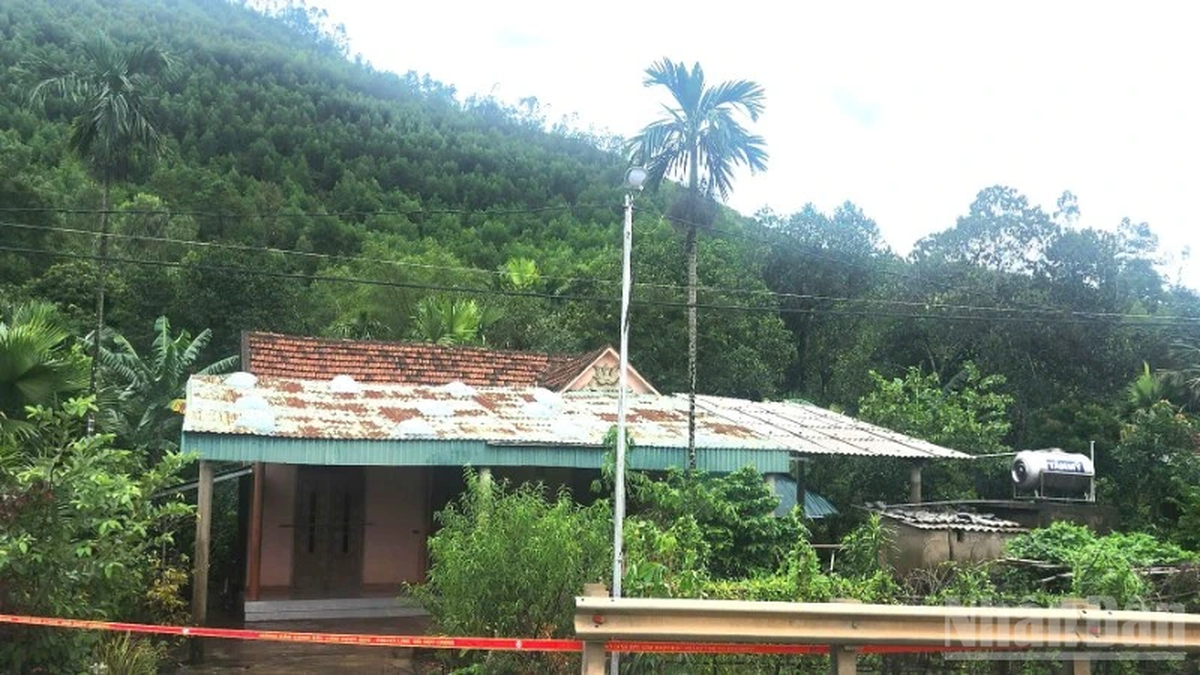
![[Photo] General Secretary To Lam meets former British Prime Minister Tony Blair](https://vphoto.vietnam.vn/thumb/1200x675/vietnam/resource/IMAGE/2025/10/30/1761821573624_tbt-tl1-jpg.webp)
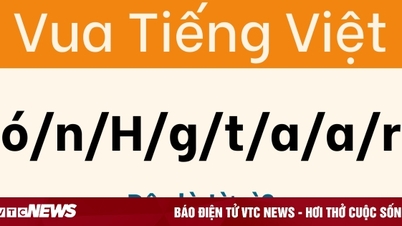



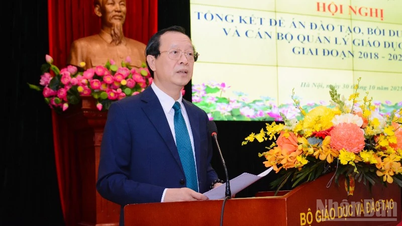

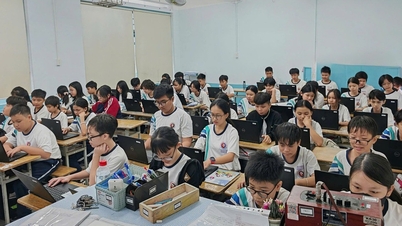

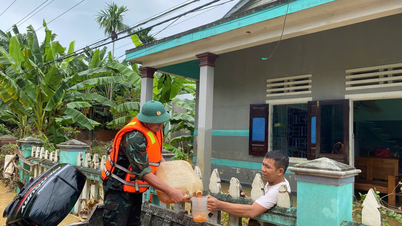

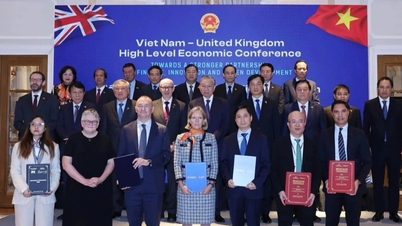





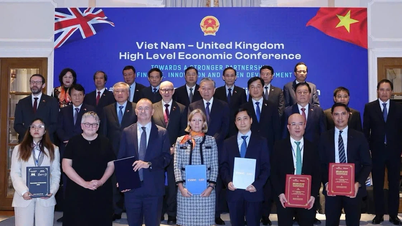
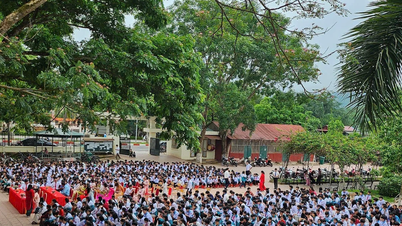
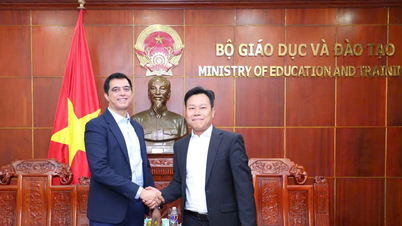
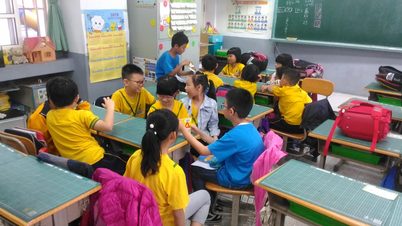
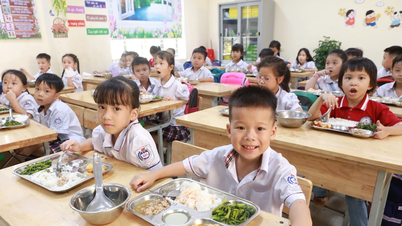
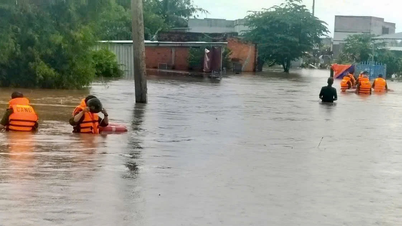




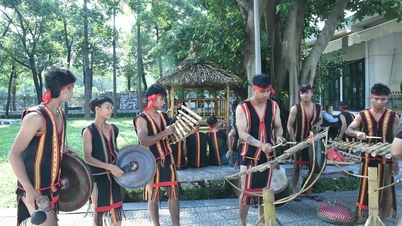

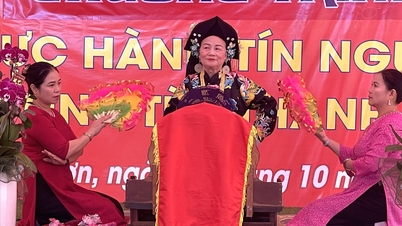





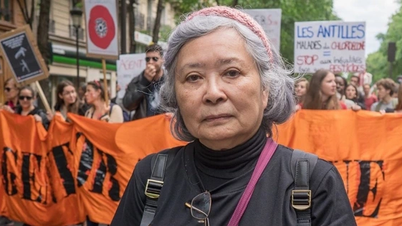

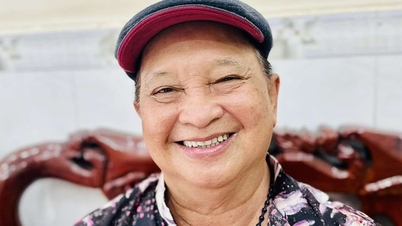



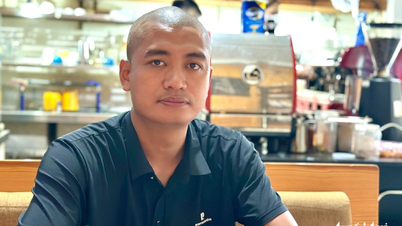

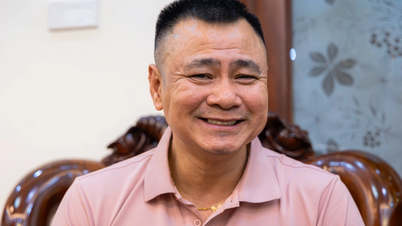
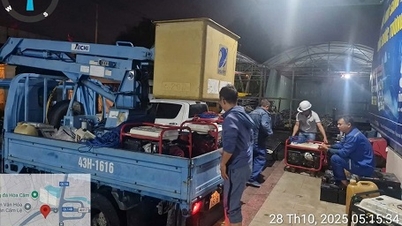



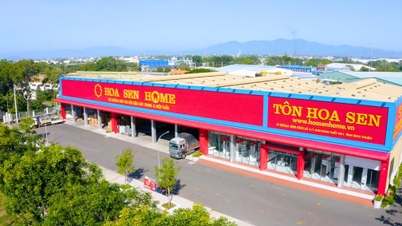










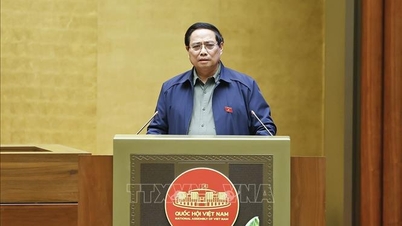

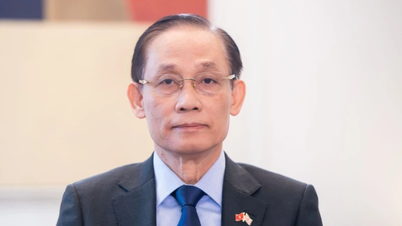
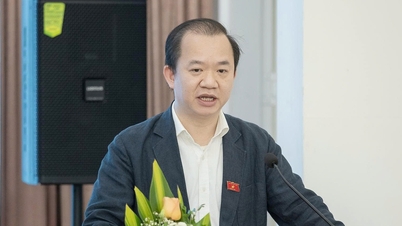

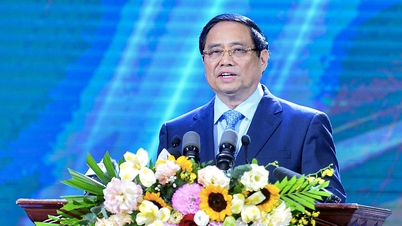



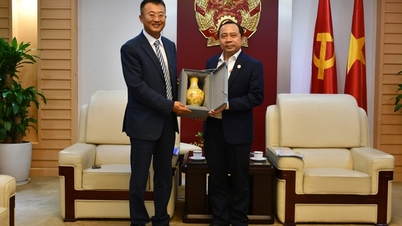

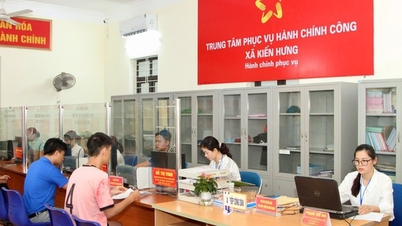
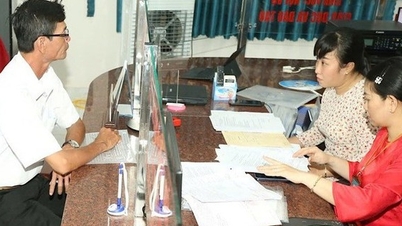
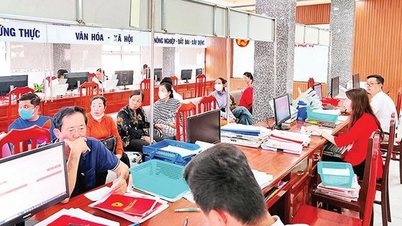
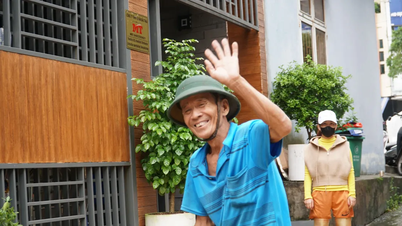

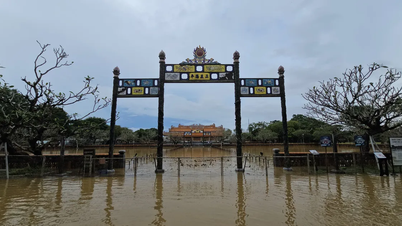


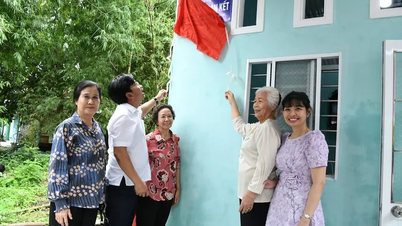

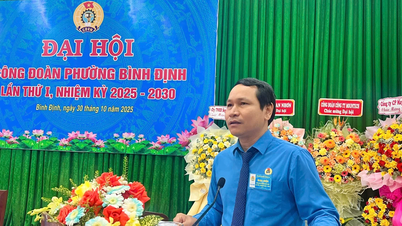













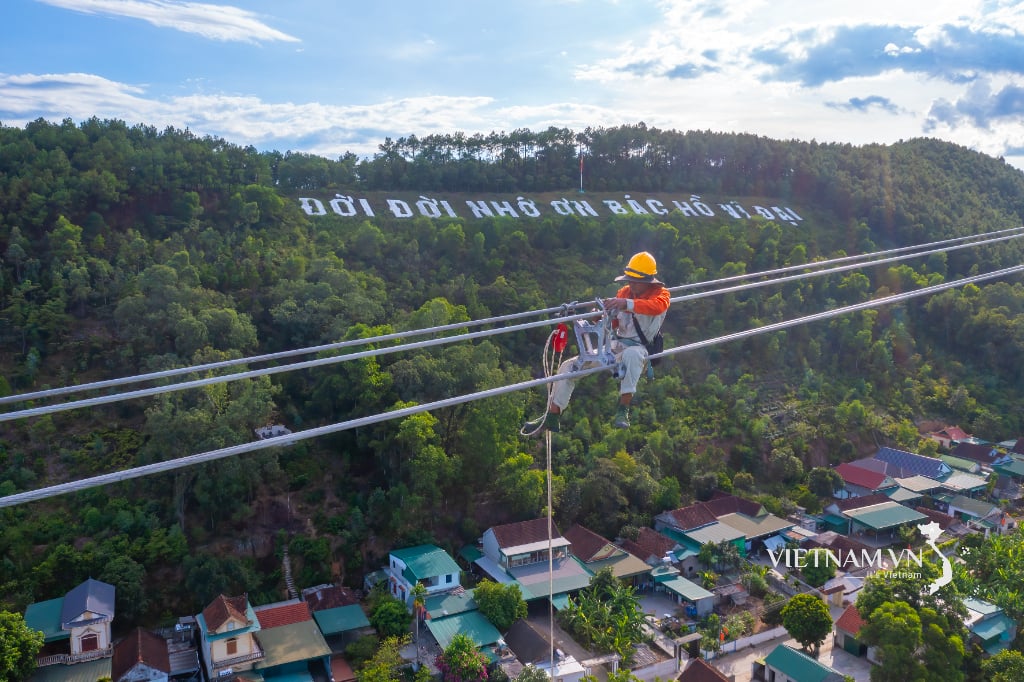


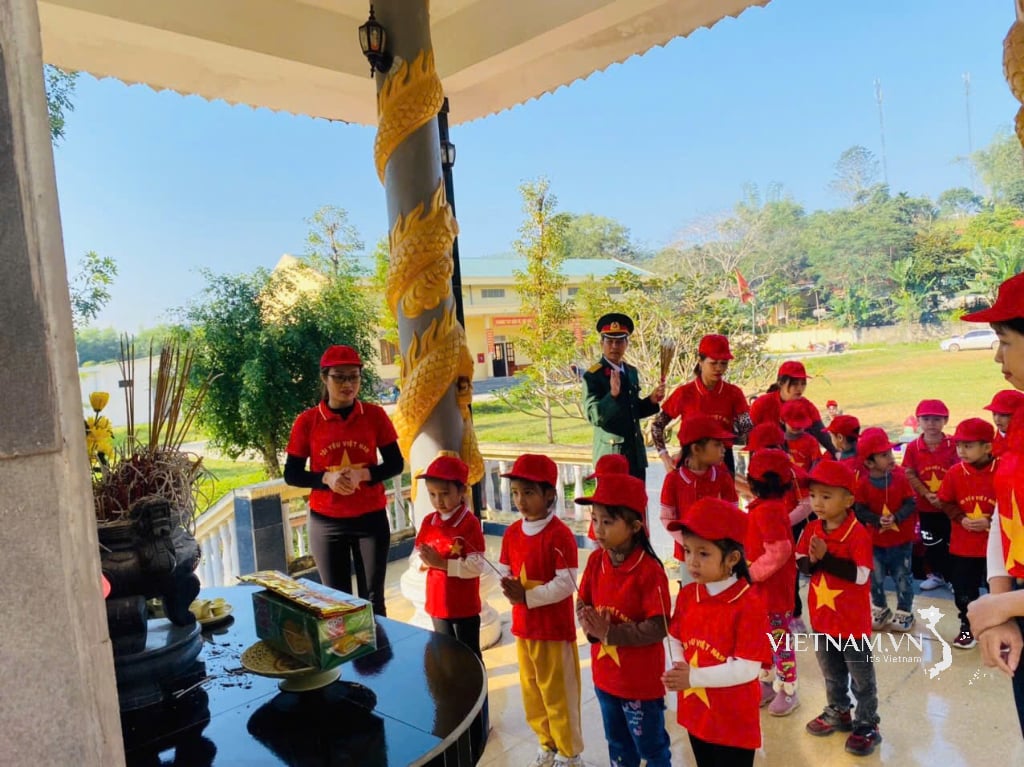
Comment (0)